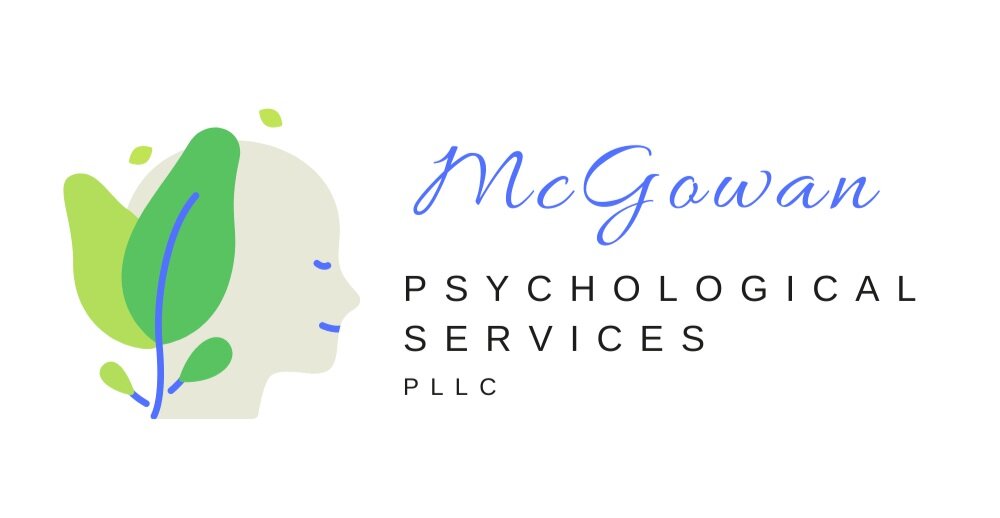I’m Depressed. What Treatments Can Help?
Depression is one of the most common psychological conditions in the world. In 2019, the National Institute of Mental Health found that approximately 19.4 million Americans experienced clinical depression (see https://www.nimh.nih.gov/health/statistics/major-depression). This number likely increased in response to the COVID-19 pandemic.
Depression is more than just a sad mood. Depression is a prolonged period of sadness that occurs with at least four of the following symptoms (APA, 2013):
1. lack of interest in activities you previously enjoyed
2. disrupted sleep
3. sluggishness
4. poor appetite
5. difficulty concentrating
6. strong feelings of guilt or worthlessness
7. chronic thoughts of death or suicide
Depression can seriously affect your ability to work, function in school, or attend to your important relationships. Fortunately, if you struggle with depression, there are many effective therapy options. Here are three therapies supported by research that treat depression.
Cognitive Behavioral Therapy (CBT)
Cognitive Behavioral Therapy has been around for over forty years and has one of the longest histories of research in the field of psychotherapy (David et al., 2018). Two common features of Cognitive Behavioral Therapy are 1) a focus on how unhelpful or mistaken thoughts contribute to depression and 2) helping you do more things that are enjoyable. A CBT therapist will help you become more aware of your thoughts about yourself, others, and the future as these thoughts dramatically affect how you feel and what you do. Additionally, a CBT therapist will help you become more aware of how your daily activities (or lack thereof) affect your mood, thought process, and relationships. CBT is a brief therapy (usually between 12-16 sessions) that approaches depression in a problem-solving spirit. If you choose to participate in CBT, your therapist will help you learn to become your own therapist.
Interpersonal Psychotherapy (IPT)
If left untreated, depression can cause major problems in your relationships. We have found that the reverse is also true: depression can stem from major problems in your important relationships (e.g., conflict with your partner, loss of a loved one). Thus, improving our relationships can also improve our mood. Similar to CBT, IPT is relatively brief. Depending on your situation, you and your IPT therapist may focus on grief, conflict in your relationships, role changes (e.g., recovery from a divorce, job loss, birth of a child), or difficulties forming or maintaining relationships (Cuijpers et al., 2011).
Psychodynamic Psychotherapy
Psychodynamic Psychotherapy focuses on how past experiences and relationships affect how you feel, think, and relate to others. There are many different forms of Psychodynamic Psychotherapy. Most Psychodynamic Psychotherapies try to help you better understand the effects of past relationships on your current experiences. Psychodynamic Psychotherapists will also focus on how you may be relating to them in therapy (as we tend to repeat past experiences in the present), and how you may be avoiding certain memories, thoughts, or emotions. Unlike CBT or IPT, Psychodynamic Psychotherapy is not structured and can be either brief or long-term. Similar to CBT and IPT, Psychodynamic Psychotherapy has much research support (Shedler, 2010).
CBT, IPT, and Psychodynamic Psychotherapy are three common treatments for depression. There are several others not mentioned here (e.g., Acceptance and Commitment Therapy, Behavioral Activation, Schema Therapy) and there are probably some treatments in development. Notably, many people who suffer from depression benefit the most from a combination of psychotherapy and medication. If you struggle with depression and CBT, IPT, or Psychodynamic Psychotherapy sound like a good fit for you, then I encourage you to contact McGowan Psychological Services at 919-241-7972 for a free 15, minute consultation. Depression is treatable!
References
American Psychiatric Association. (2013). Diagnostic and statistical manual of mental disorders (5th ed.). Washington, DC: Author.
Cuijpers, P., Geraedts, A.S., van Oppen, P., Anderssen, G., Markowitz, J.C., & van Straten, A. (2011). Interpersonal Psychotherapy for Depression: A Meta-Analysis. American Journal of Psychiatry, 168(6), 581-592.
David, D., Cristea, I., & Hofman, S.G. (2018). Why Cognitive Behavioral Therapy is the Gold Standard of Psychotherapy. Frontiers of Psychiatry, 9(4), 1-3.
Shedler, J. (2010). The efficacy of psychodynamic psychotherapy. American Psychologist, 65(2), 98-109.

